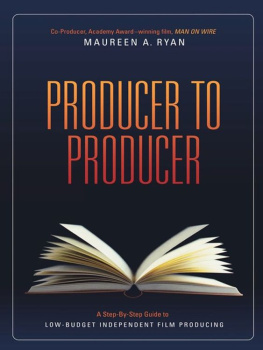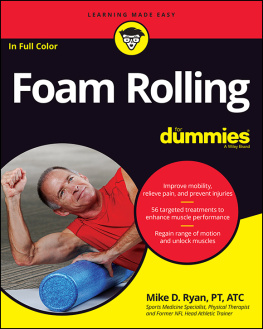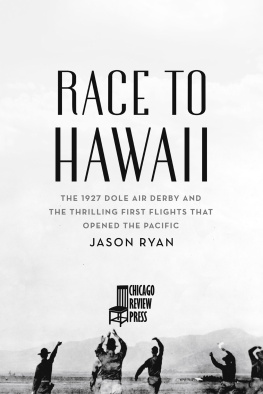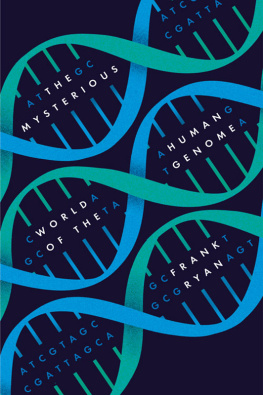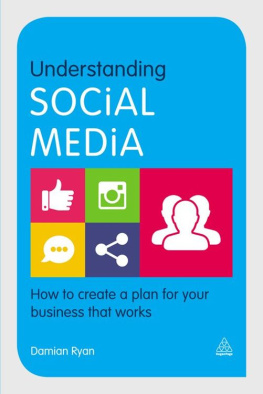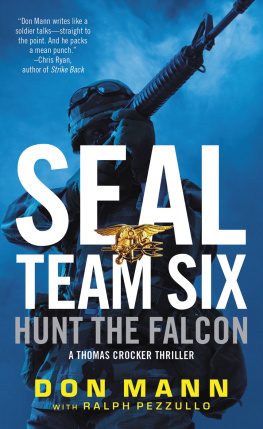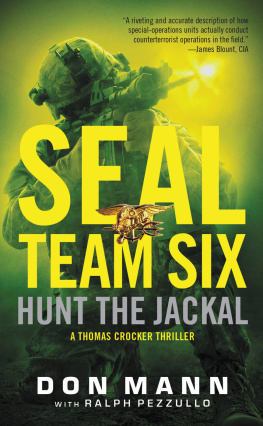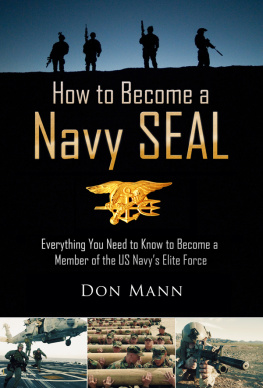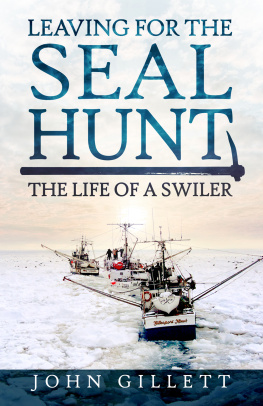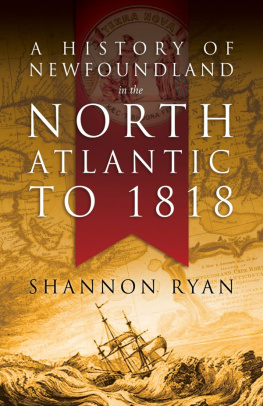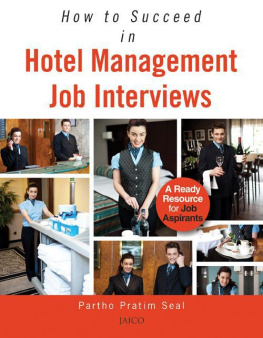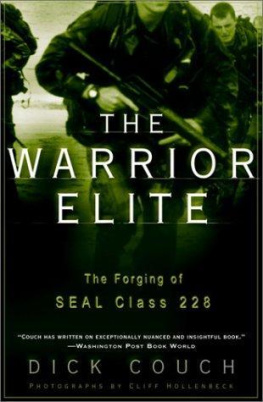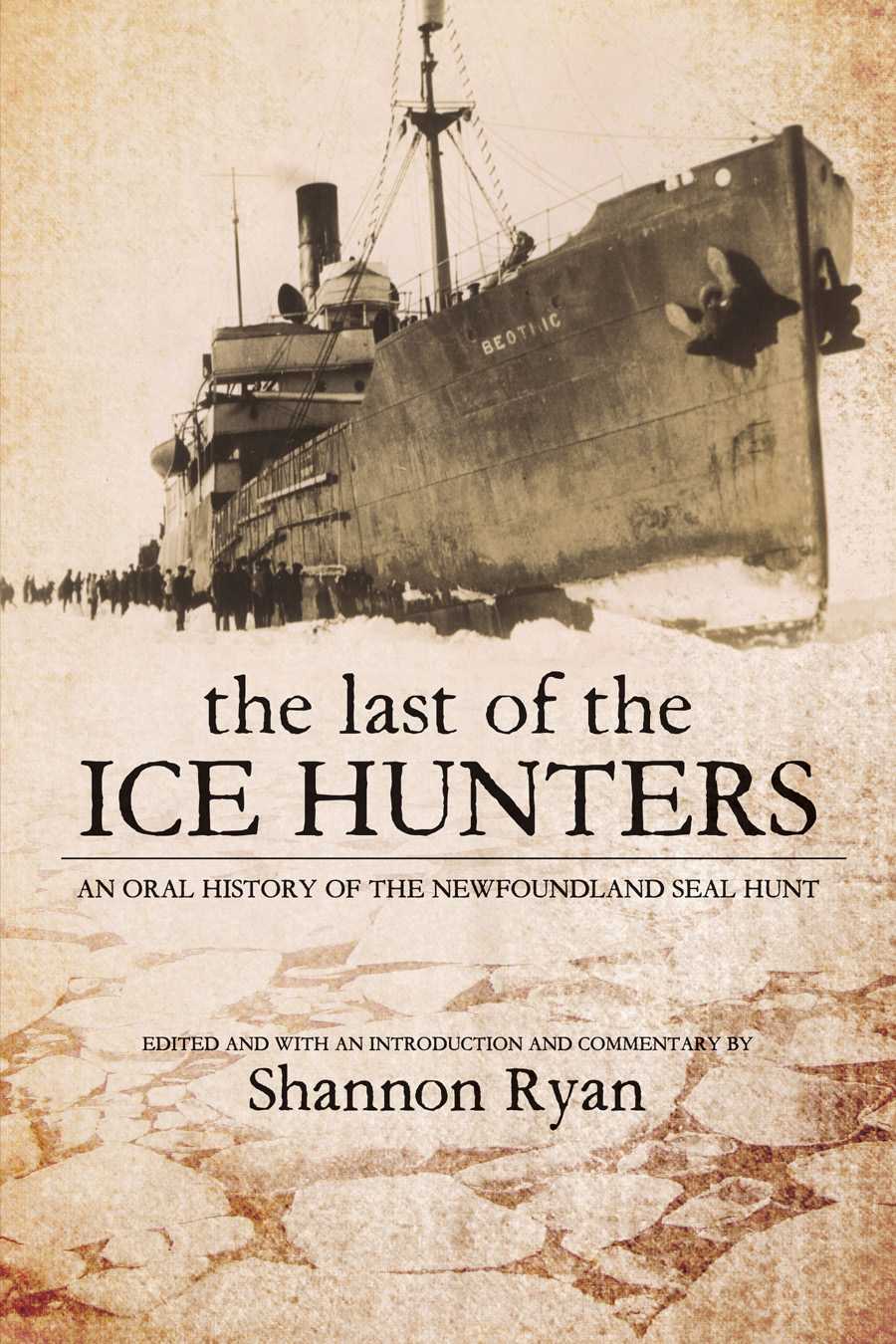
The Last of the
Ice Hunters
An Oral History of
the Newfoundland Seal Hunt
Edited and with an Introduction
and Commentary by Shannon Ryan
Flanker Press Limited
St. Johns
Library and Archives Canada Cataloguing in Publication
The last of the ice hunters : an oral history of the Newfoundland seal
hunt / edited and with an introduction and commentary by Shannon Ryan.
A compilation of interviews conducted by students who trained under
Memorial University of Newfoundland professor Shannon Ryan.
Includes bibliographical references and index.
Issued in print and electronic formats.
ISBN 978-1-77117-316-2 (pbk.).--ISBN 978-1-77117-317-9 (epub).--
ISBN 978-1-77117-318-6 (kindle).--ISBN 978-1-77117-319-3 (pdf)
1. Sealers (Persons)--Newfoundland and Labrador--Interviews.
2. Sealing--Newfoundland and Labrador--History. 3. Sealing industry--
Newfoundland and Labrador--History. 4. Oral history--Newfoundland
and Labrador. I. Ryan, Shannon, 1941-, writer of added commentary,
editor of compilation II. Title: Ice hunters.
SH362.L38 2014 338.37297909718 C2013-908426-6
C2013-908427-4
2014 by Shannon Ryan
all rights reserved. No part of the work covered by the copyright hereon may be reproduced or used in any form or by any meansgraphic, electronic or mechanicalwithout the written permission of the publisher. Any request for photocopying, recording, taping, or information storage and retrieval systems of any part of this book shall be directed to Access Copyright, The Canadian Copyright Licensing Agency, 1 Yonge Street, Suite 800, Toronto, ON M5E 1E5. This applies to classroom use as well.
Printed in Canada
Cover Design by Graham Blair Illustrated by Albert Taylor Edited by Iona Bulgin
Cover photo courtesy of the Cater Andrews Collection, Archives and Special Collections,
Queen Elizabeth II Library, Memorial University
Flanker Press Ltd.
PO Box 2522, Station C
St. Johns, NL
Canada
Telephone: (709) 739-4477 Fax: (709) 739-4420 Toll-free: 1-866-739-4420
www.flankerpress.com
9 8 7 6

5 4 3 2 1
We acknowledge the financial support of the Government of Canada through the Book Publishing Industry Development Program (BPIDP) for our publishing activities and the Government of Newfoundland and Labrador, Department of Tourism, Culture and Recreation. We acknowledge the support of the Canada Council for the Arts, which last year invested $157 million to bring the arts to Canadians throughout the country. Nous remercions le Conseil des arts du Canada de son soutien. Lan dernier, le Conseil a investi 157 millions de dollars pour mettre de lart dans la vie des Canadiennes et des Canadiens de tout le pays.
For Margaret
and in honour of the last traditional Newfoundland
ice hunters
and their dependants
Contents
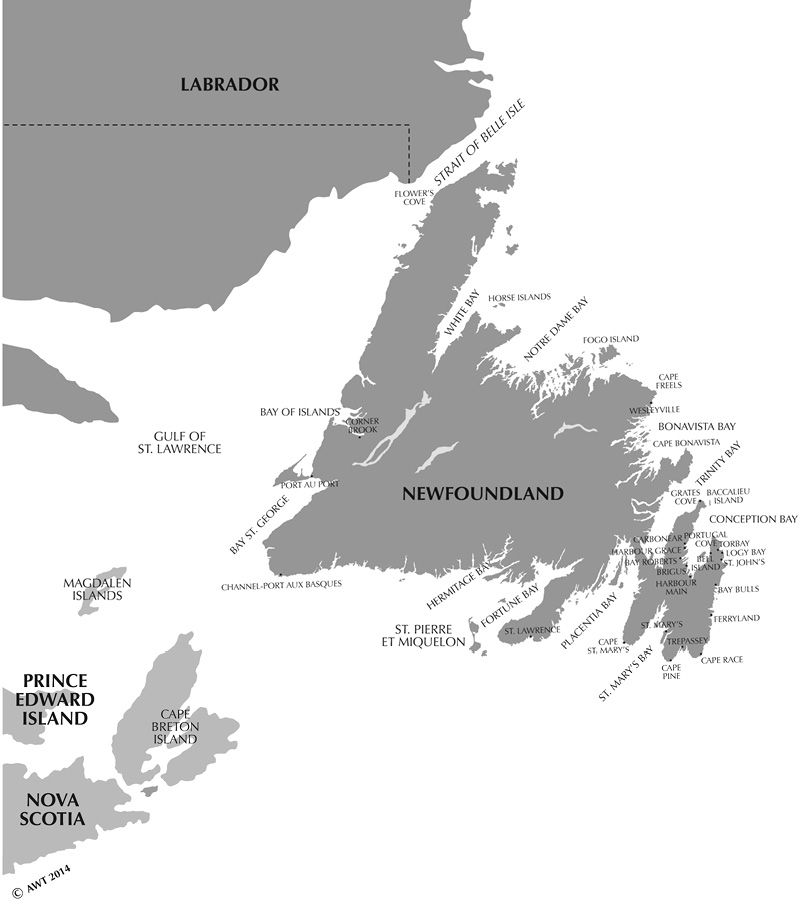
Preface
This effort has its own history. In the late 1960s and early 1970s, in order to understand the technologies of the cod fisheriesas my father and his family were railway workers, I had little knowledge of fishing technologiesI began to interview older retired fishermen, especially Uncle Andy (Andrew) Short (1900-1989) and Ned (Edward) Russell (1883-1985), both living in Riverhead, Harbour Grace, my home community. My MA at Memorial University of Newfoundland (MUN) (1969-1972) on the cod fishery, under the supervision of Dr. Keith Matthews (since deceased), was followed by a Ph.D. dissertation on the Newfoundland saltfish trade (1814-1914) at the University of London, under the direction of Professor Glyn Williams.
The publication of my dissertation/monograph in 1986 coincided with an invitation by three prominent academics of MUNProfessors Leslie Harris, George Story, and Fred Aldrich (all now deceased)to focus on the history of the seal fishery (or hunt). As literary executors of a large collection of seal fishery material gathered by the late Professor Cater W. Andrews, Biology Department, MUN, they suggested that a study of the Newfoundland seal fishery to 1914 would complement my study of the saltfish trade for the same period. I agreed.
I created a two-year research/writing period by teaching for two extra semesters and applying for a years sabbatical. In September 1985 I began a two-year leave of absence from teaching. As I had already collected some useful information from retired sealers and others in the sealing industry through my research on the cod fishery, I decided to engage in further research in the oral history of the seal fishery. Coincidently, in the fall of 1985 the Canadian federal government, through its Canada Employment and Immigration Commission (CEIC), announced a program to provide unemployed people with training that could lead to regular employment. An old friend, employed by the provincial governments Department of Labour, Edward McCann, reminded me of the CEIC program, in which Newfoundland was also participating at the time, and I decided to check it out. CEICs Job Development Program allowed not-for-profit organizations to train unemployed people. These trainees would not only learn skills that would increase their chances of employment but they would also be paid $225 per week, and the weeks so worked would be insurable, thus qualifying them for employment insurance at a later point in their training.
As president of the Newfoundland Historical Society (NHS) I proposed to its executive that NHS sponsor a grant application under this program whereby I would train people to interview older retired sealers about their experiences at the ice . Mary Devine, vice-president, and Dr. George Story, a past NHS president, supported this application, which was approved by the NHS executive. A grant was received in December 1985, and the project begun the following January. Further grants were applied for and received periodically up to and through the fall of 1987. The provincial government participated in the first stage of the program, but it quickly became exclusively a federal responsibility. This Oral History Project delayed my planned monograph on a history of the Newfoundland seal fishery up to 1914 The Ice Hunters (Breakwater, 1994)but oral history research must always take precedence over documentary research because the latter, unlike the former, can be delayed.
As director of this Oral History Project aimed at the Newfoundland seal hunt during the 20th century, especially c.1914-1949, I concentrated on those former sealers who had worked on the coal-burning sealing steamers out of St. Johns (several female informants were also interviewed). (The two Harbour Grace firms that had also participated in this hunt, Ridleys and Munns, went out of business in the late 1800s and therefore had no role in this study.) My earlier monograph, Fish out of Water: The Newfoundland Saltfish Trade, 1814-1914 (1986), covered the history of the Newfoundland cod fishery up to 1914, leaving a substantial background for this further study.
The sealers on the coal-burning steamers were the focus of the study but we (including the researchers in the field) also interviewed elderly fishermen who had hunted from land (landsmen), and our study picked up references from prior to 1914 and from post-1949. However, 1950 became our official termination date because in that year the SS Eagle , the last of the wooden-wall coal-burning sealing ships, was sunk by its owners, Bowrings. My reasoning for this project was that those men who had been involved in sealing, an activity which barely made it into the 1940s, would soon pass away. I was convinced we needed to collect their personal narratives, histories, and memories. I was, and am, fully cognizant of the fact that this was the end of sealing as a Newfoundland industry because the old British colony had become a Canadian province in 1949, which meant that any future sealing activities would be controlled by Ottawa (with rather disappointing results). In addition, confederation with Canada provided an outlet for Newfoundland labour, which was able to take advantage of job opportunities in mainland Canada, principally, as I recall, Toronto, during the 1950s. To satisfy the terms of the grant, the project was designed to teach the trainees how to interview sealers, record these interviews, and transcribe and type them.
Next page

